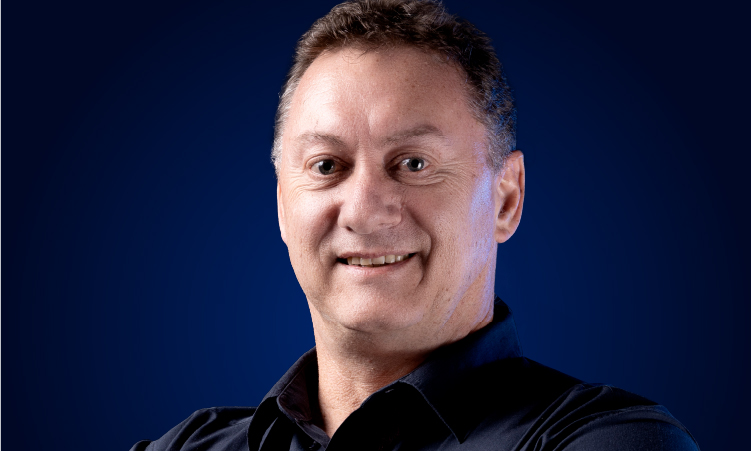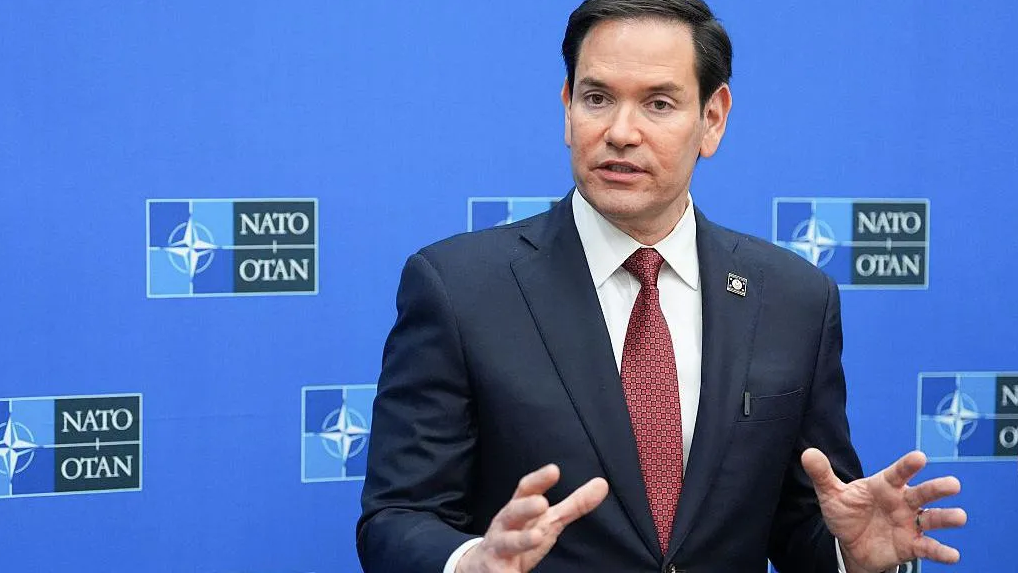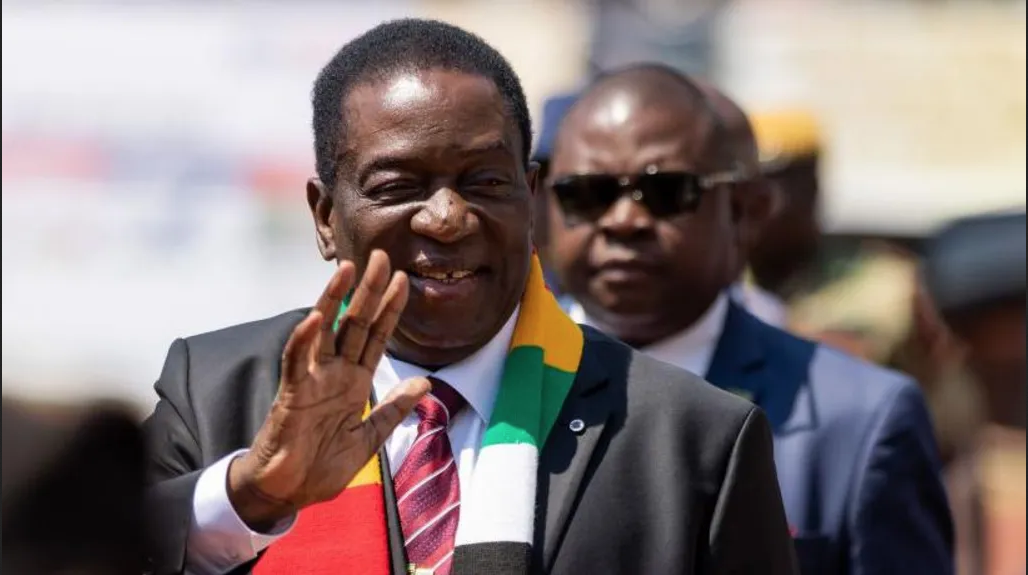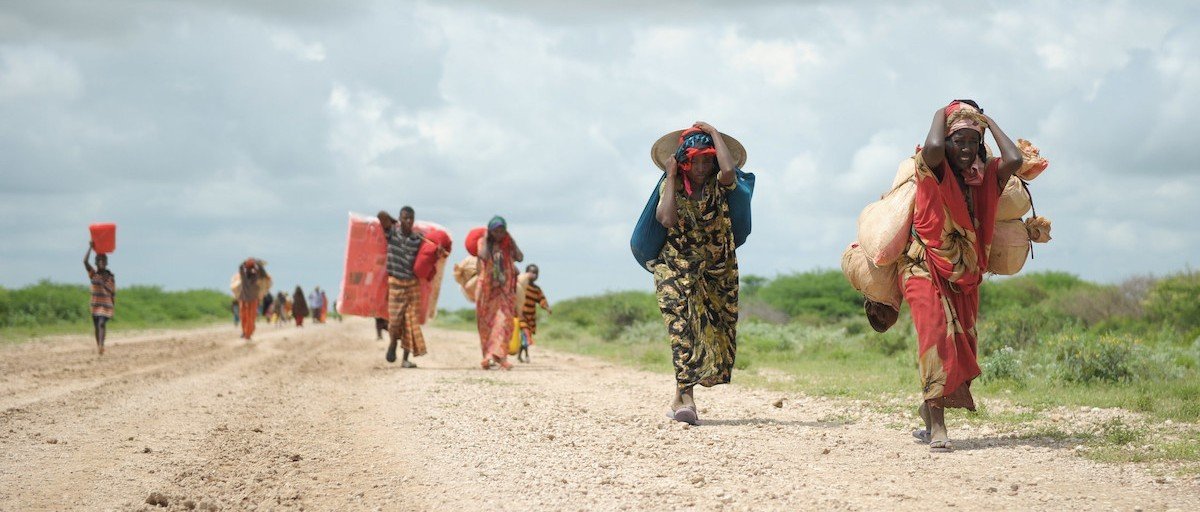Multichoice did not declare a dividend for the full year to the end of March.
The JSE-listed pay television group reported a bigger knock as a result of headwinds in the South African market.
“No dividend was declared by the board due to a cautious outlook on currencies in South Africa and Nigeria, a challenging environment in South Africa, exacerbated by the energy challenge,” MultiChoice said yesterday.
According to Tim Jacobs, the chief financial officer for MultiChoice, the South African consumer is already saddled with servicing debt obligations that are taking up to 70% of incomes, leaving discretionary income at a low level.
The South Africa market now accounts for about 40% of MultiChoice’s 90-day subscribers, at 9,3 million, owing to the impact of load shedding, while the market in the rest of Africa, at 14,2 million households, accounts for 60% of total user numbers.
During the period under review, the MultiChoice Group added 1,7 million 90-day active subscribers, an increase of about 8%.
The Africa market was not spared the power outages, such as in Zimbabwe, Zambia and elsewhere.
Nigeria continues to be problematic for the company. However, president Bola Tinubu, who sacked Central Bank of Nigeria governor Godwin Emefiele last week, has removed fuel subsidies and has been talking up exchange rate reforms.
This was more likely to benefit MultiChoice, which has been exposed to exchange rate losses and challenges in repatriating earnings from one of Africa’s biggest economies, Jacobs told Business Report in an interview yesterday.
“Exchange rate losses are one of the biggest challenges we have been facing (and) extracting cash out of Nigeria has also been having the biggest impact on the company,” said Jacobs.
Although the group “successfully repatriated cash throughout the year” from Nigeria despite ongoing liquidity challenges, Jacobs said the “parallel exchange rate” in the west African nation had proven problematic because it gave a weaker value when sourcing foreign currency.
However, with Tinubu promising to reform the Nigerian monetary sector, the MultiChoice CFO believes the removal of subsidies on fuel will leave the government with some foreign exchange resources for the official market. Tinubu is also seen allowing for the convergence of the parallel market and formal market exchange rates.
Calvo Mawela, MultiChoice’s chief executive officer, said, “We continued to scale our overall subscriber base and benefited from a strong performance in the rest of Africa, which delivered a trading profit for the first time since our listing in 2019. It is a remarkable performance by the team considering that they have had to absorb almost N$3 billion in currency losses in the last four years.”
Although revenue for the period was up by 7% at N$59,1 billion, the trading profit for MultiChoice for the period was down 3% to N$10 billion due to a R900 million “adverse currency impact” and weaker SA earnings.
Core headline earnings for the period were 2% up at N$3,5 billion, driven by the return to profitability for the rest of Africa segment, though cash flows at N$2,9 billion are down a massive 48% “due to lower trading profit, content prepayments and working capital timing due to a systems upgrade” investment.
Users on the group’s DStv app and Showmax services “continue to grow as online consumption increases, supported by rising broadband connectivity and more affordable” pricing.
To this end, MultiChoice’s overall online user base increased by 12% year-on-year with the growth rate for paying Showmax subscribers amounting to 26%.
– IOL News
Stay informed with The Namibian – your source for credible journalism. Get in-depth reporting and opinions for
only N$85 a month. Invest in journalism, invest in democracy –
Subscribe Now!










